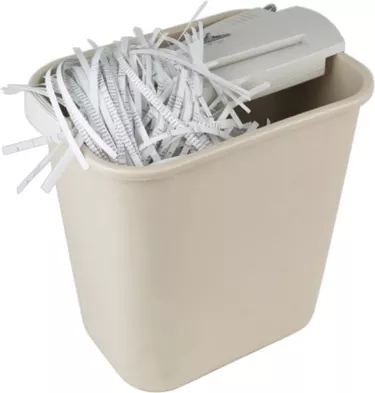
When you're at risk of being buried under an avalanche of insurance paperwork, it's hard to know what insurance documents to keep and which are safe to toss. Health insurance explanation of benefit documents, or EOBs, account for a large portion of your health insurance file, and knowing when it's best to put these in the trash can help reduce your insurance file significantly.
Explanation of Benefits
Video of the Day
Health insurance companies routinely send out explanation of benefits documents after each physician visit or medical procedure. These documents outline what procedure or care measure was billed, how much the insurance company will pay for each procedure or service, and how much you as the patient are responsible for paying. EOBs are useful for checking against medical bills to be assured that the bill matches the amount for which you, as the patient, are responsible.
Video of the Day
How Long Should You Keep EOBs?
Most financial advisers recommend that you keep explanation of benefit documents until you are sure that the medical provider has been compensated by the insurance company for services rendered. For most, a year should be sufficient for compensation purposes. However, if the explanation of benefits is for services that are part of treatment for an ongoing illness or condition, it may be wise to keep the documents until the treatment is completed.
Paper No More
Even if you do need to keep your explanation of benefit documents, there's no need to let them clutter up your desk drawer or file cabinet. MSN Money's Liz Pulliam Weston recommends scanning financial paperwork such as health insurance EOBs to digital files, which can cut down on the paper while allowing you to keep copies of these documents. Electronic files, when properly named, are often easier to find when you need them than paper copies.
Handle With Care
When you do discard your health insurance explanation of benefit documents, or any document with your identifying information, do so in such a way that potential identity thieves cannot use the sensitive information that is often found on health insurance documents. Shred, burn or otherwise destroy EOBs and other health insurance documents so that your name, Social Security number, birth date, address and other information is no longer traceable.